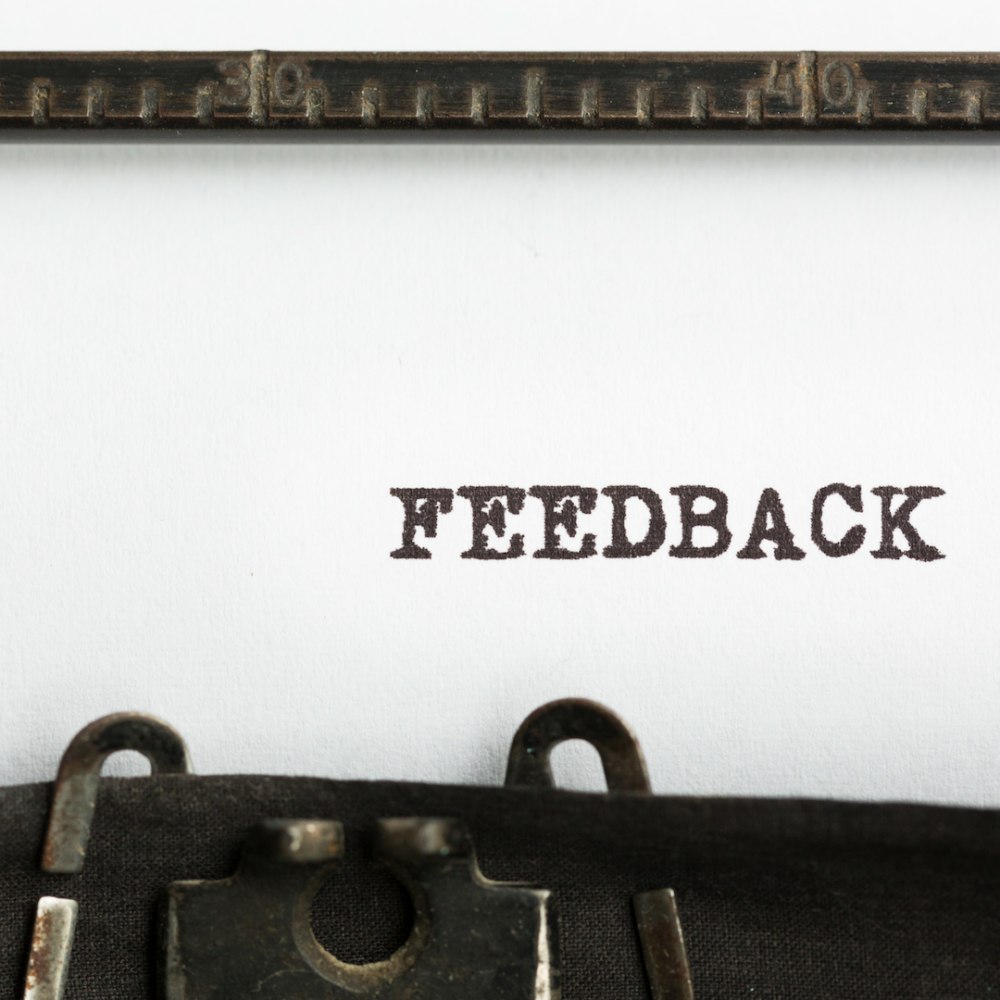
The word “no” has a negative connotation in every area of our lives. When we are told no, it offsets a series of emotions.
That emotional reaction is triggered by the amygdala part of our brain. This is the area of our brain that protects us from a perceived threat — our fight or flight response. Oddly enough, this is the same part of the brain that is triggered when we receive feedback.
Whether it’s feedback at work or in our personal lives, we tend to immediately and instinctively put up our shields. Instead of viewing feedback as criticism and something we should protect ourselves from, we should start seeing it as a gift.
Receiving Feedback Leads to Improvement
The key to viewing feedback as a gift starts with your relationship with the person offering the feedback. You have to believe person has your best interest at heart. You trust what they are telling you isn’t for their personal gain. Feedback now becomes about personal or professional improvement rather than protection.
Not every situation allows feedback to come from those you know and trust. You will have to assess the validity of the comments. Just because someone offers their opinion doesn’t mean it is correct or needs addressing. Talk with your leaders or peers, those you do trust, to see if the feedback is merited.
Keep these tips in mind as you receive any sort of feedback:
1. Don’t yield your own personal agency.
You can’t control what others think, feel, or say. You can control how you respond. Think and focus only on these things.
2. Show up looking for the good.
Another thing you can control is how you show up. What is your perspective as you approach the feedback? Try to remain positive and appreciative.
Providing Feedback Improves Relationships
There is a difference between genuinely offering feedback and constantly telling people what they need to do differently or how they need to change. Find the right balance between expecting results and building relationships.
Keep these tips in mind as you give feedback:
1. Your team member or peer needs to know the feedback is about a problem, not him/her as a person. This is so important and where relationships grow deeper.
2. Be specific and factual when talking about what needs to improve. You can take it a step further and help him/her come up with a game plan to make improvements or follow up to check on progress.
3. Keep your approach in check. The purpose of feedback should be about improvement and growth. You won’t accomplish anything if your approach is critical or aggressive.
Feedback is one of the greatest tools to learn about our performance. We can use it to learn if we are meeting (or exceeding) expectations or about areas that need improvement.
Let’s overcome the negativity surrounding feedback so we can begin to have deeper conversations, improve relationships, and take our ideas to another level.
Leave a Reply